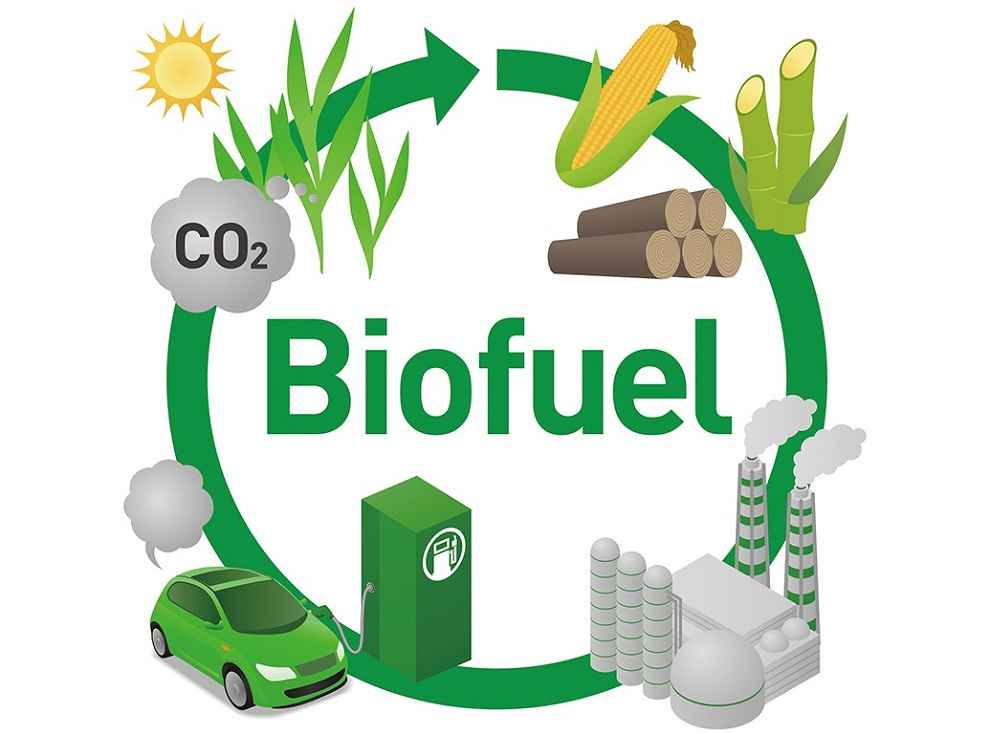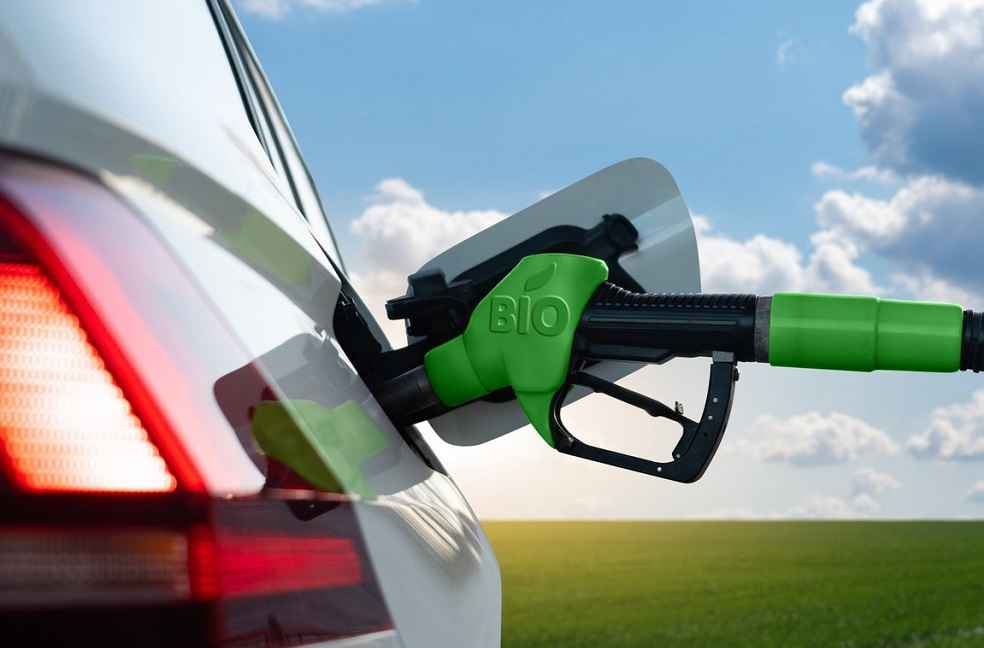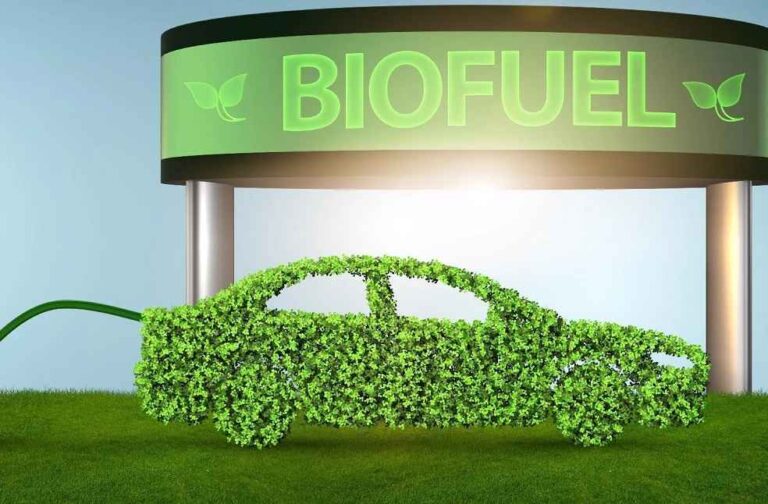As global automotive trends pivot toward electric vehicles reliant on lithium, nickel, and cobalt, Brazil is distinguishing itself by merging advanced electric technology with ethanol, a biofuel from sugarcane. This strategy has attracted substantial investments from leading carmakers like Stellantis, Volkswagen, Mitsubishi, and China’s Great Wall Motor, who are collectively channeling billions into hybrid-flex technology.
Flex hybrids, blending traditional combustion engines with electric motors, accommodate both ethanol and petrol, positioning Brazil as a leader in transitional vehicle technology aimed at cutting CO₂ emissions. Toyota do Brasil, a pioneer in this domain, launched the globe’s first flex-fuel hybrid in 2019, selling 75,000 units to date. With an expansive R$11 billion ($2.1 billion) investment announced recently, Toyota plans to broaden its model range.

Roberto Braun, Toyota do Brasil’s director of environmental, social, and governance, emphasized the aptness of flex hybrids for Brazil, pointing out that a flex hybrid vehicle running on ethanol emits CO₂ at levels comparable to an electric vehicle in Europe.
Ethanol, proven to reduce CO₂ emissions by 73% compared to petrol as per a 2009 Embrapa study, stands as a practical low-carbon option in Brazil. With its universal availability at Brazilian fuel stations and the logistical challenge of establishing comprehensive EV charging networks across Brazil’s diverse terrain, ethanol is a fitting alternative.
Despite optimism about flex hybrids serving as transitional technology, concerns persist regarding their potential to delay Brazil’s shift to fully electric vehicles. Critics argue the popularity of flex vehicles might obstruct the scale economies essential for reducing full EV costs.

Simultaneously, Brazil remains committed to advancing fully electric solutions. BYD plans to initiate local assembly of battery electric vehicles by year-end, targeting full production by mid-2025. This initiative reflects Brazil’s broader strategy to balance biofuel hybrid development with escalating global demands for full EVs, potentially positioning Brazil as a significant player in both arenas.
NEW LAUNCH | IVECO BUS and Via Sign Key MoUs to Transform Urban Mobility Solutions





